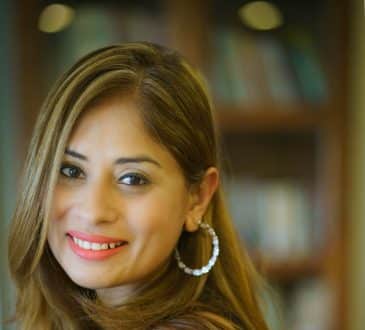Global Leaders Convene at COP16 to Address Nature Crisis and Biodiversity Goals

Environmental leaders from nearly 200 countries have gathered in Colombia to review the progress on global commitments to halt and reverse nature loss. The two-week United Nations Biodiversity Conference (COP16), which began on Monday, follows the 2022 Montreal meetings, where 196 countries signed the ambitious Kunming-Montreal Global Biodiversity Framework aimed at protecting global biodiversity.
Delegates in Cali are set to discuss how to tackle the current rapid rate of nature’s destruction and how to meet the commitments of the 2022 accord. These include setting aside 30% of national territories for conservation, cutting subsidies for businesses that harm the environment, and requiring companies to report their environmental impacts.
Countries were expected to submit their National Biodiversity Strategies and Action Plans (NBSAPs) ahead of the summit, which runs until November 1. However, by Friday, only 31 out of 195 countries had filed their plans with the UN Biodiversity Secretariat.
Colombia’s Environment Minister and COP16 President, Susana Muhamad, remarked on Sunday that the conference was an opportunity to gather knowledge from all civilizations and cultures to create livable and stable conditions for future societies in light of the ongoing environmental crisis.
At COP15 in 2022, wealthier nations had committed to contributing at least $20 billion annually by 2025 to assist developing countries in achieving their biodiversity targets, with this figure rising to $30 billion by 2030. According to the Organisation for Economic Co-operation and Development (OECD), $15.4 billion have been raised by 2022.
Gavin Edwards, director of the nonprofit Nature Positive, indicated to Reuters that COP16 serves as a crucial moment to reinvigorate global commitments made two years ago and to correct course if the 2030 biodiversity targets are to be met. Edwards stressed that significant work remains to be done.
On Sunday, UN Secretary-General Antonio Guterres urged for substantial investments into the Global Biodiversity Framework Fund, which was established in 2022. In a video message to COP16 delegates, Guterres emphasized the need for new commitments to mobilize public and private funding sources. So far, countries have pledged about $250 million to the fund, according to monitoring agencies.
At the conference, world leaders are also looking for solutions that address both climate change and biodiversity loss simultaneously. Despite ongoing conservation efforts, the rate of environmental destruction—driven by activities like logging and overfishing—remains unchanged, while governments fall short on their biodiversity action plans, and conservation funding is still billions of dollars short of the 2025 goal.
Muhamad, part of Colombia’s first left-wing government, highlighted in local media that one of COP16’s primary objectives is to underscore the importance of biodiversity, stressing that it is as critical as energy transition and decarbonization efforts.
The summit aims to create a global multilateral system for paying for access to digital sequence information and genetic data extracted from plants, animals, and microbes. In addition, COP16 will work toward finalizing a new program for integrating traditional knowledge into national conservation strategies and decision-making processes.
The UN Office for the Convention on Biological Diversity, which oversees the implementation of the original 1992 biodiversity pact, has called for special protections for Indigenous groups in voluntary isolation, emphasizing their essential role in protecting nature. Indigenous communities are often well-represented at biodiversity conferences but frequently leave disappointed with the final decisions.
This year, Indigenous leaders are determined to use the summit, taking place near the Amazon, to have their rights and ancestral knowledge formally recognized. They hope to address years of marginalization and forced displacement. Andrew Miller, advocacy director at Amazon Watch, noted that Indigenous peoples play a key role in conservation, and the hope is that this will be acknowledged more effectively at COP16.
In Bogotá, Indigenous communities from the region have been preparing for the conference for months. Jose Mendez, secretary of the National Organization of Indigenous Peoples of the Colombian Amazon, expressed that the summit represents a significant opportunity to demonstrate to the world the vital role Indigenous peoples play in safeguarding the environment.
Have you read?
Countries: Powerful Passports.
Countries: Richest.
Countries: Poorest.
Countries: Happiest.
Countries: Life Expectancy.
Bring the best of the CEOWORLD magazine's global journalism to audiences in the United States and around the world. - Add CEOWORLD magazine to your Google News feed.
Follow CEOWORLD magazine headlines on: Google News, LinkedIn, Twitter, and Facebook.
Copyright 2025 The CEOWORLD magazine. All rights reserved. This material (and any extract from it) must not be copied, redistributed or placed on any website, without CEOWORLD magazine' prior written consent. For media queries, please contact: info@ceoworld.biz








